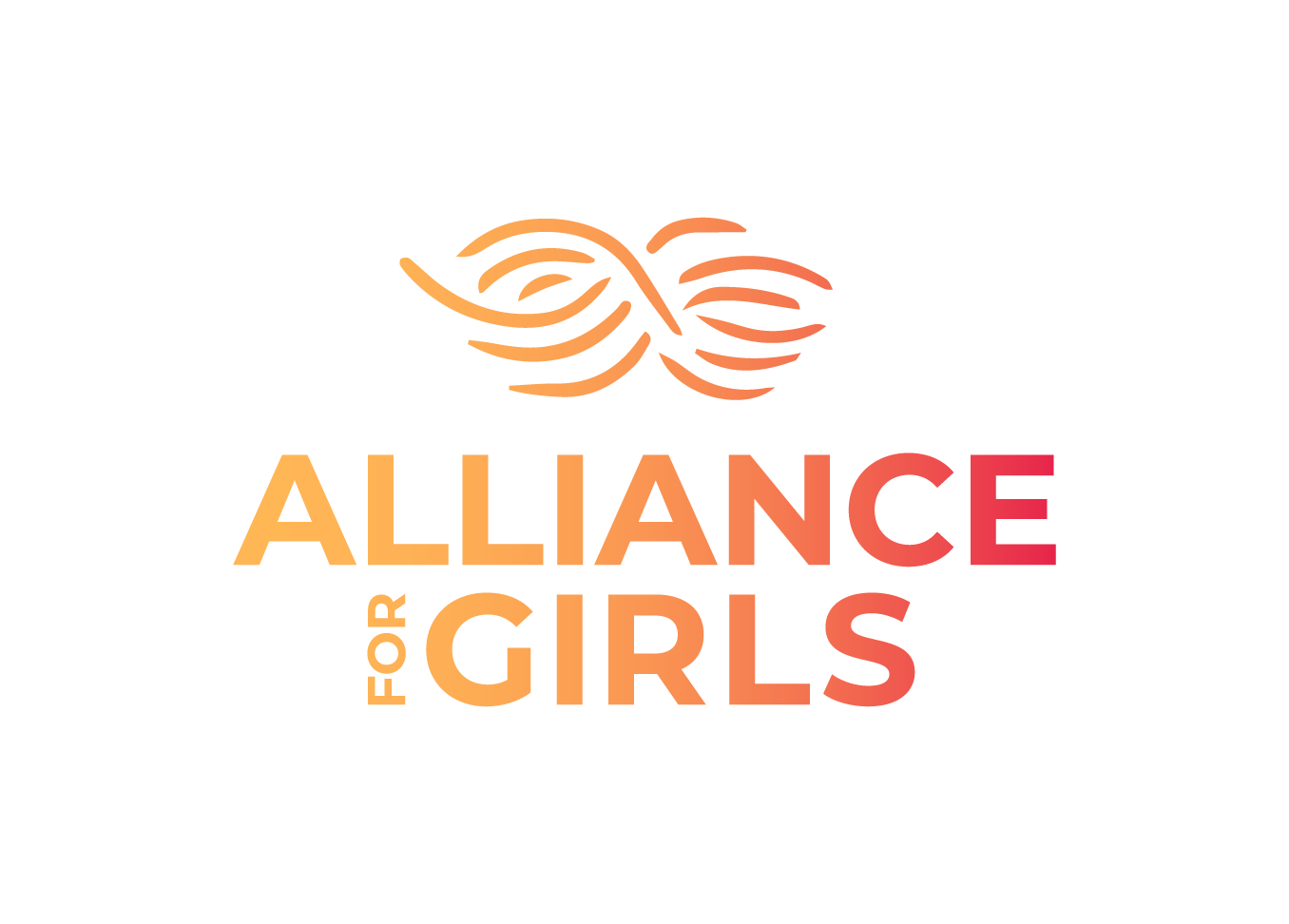The Stand for Justice
by Precious Stroud and Nicole Norfles, originally published by the Black Female Project here.Our first story release of 2019, "The Stand for Justice," comes from Dr. Nicole Norfles, Black African American; consummate professional; self-described super power-bearing goddess; and free woman living and working in the DC Metro Area. Also a BlackFemaleProject member and #100SistersStrong sustaining donor, Dr. Norfles is the facilitator of Council for Opportunity in Education’s (COE) STEM Community of Practice; co-principal Investigator on multiple National Science Foundation grants; and director of COE's onboarding progressional development and TRIO Chicago Collaborative. Dr. Norfles’ conversation with BlackFemaleProject Founder Precious J. Stroud illuminates her commitment to fighting for those who might not have a seat at the table to fight for themselves, the root of this commitment, and the wisdom she’s gained from her impressive and expansive career journey.All of the women who share their stories in our inaugural collection have found themselves in a battle for sanity, cultural autonomy, or simply professional courtesy. These women have also found their own strategies for success; some are still developing these methods and share their experience with us in real time. Let’s join them now.Stroud: What about your work inspires you?Norfles: What inspires me about my work is the justice side of it. When I was younger, I was part of student organizing. I was kind of a militant, but it was less nationalist politics and more economics. My work with the Council for Opportunity in Education inspires me because it has taken that to a national level in the day and time we live in. It’s the connection of how educational opportunity can provide the outlet for others to achieve whatever their dreams are; it’s this practice of social justice in education and justice for disadvantaged people, people that have been disenfranchised.Stroud: Why is that important to you?Norfles: It’s important because I’m less materialistic—I mean, everybody wants nice things—but I’m really much more focused on how we can all come up together. That’s been kind of my history.Stroud: What does it mean to you to thrive professionally? What does it feel like? What does it look like when you’re thriving?Norfles: When I thrive professionally it means that I’m able to create synergies between people, places, and things; that I’m able to connect people, connect the things that they’re doing, and do it in locations that are not just “my own,” but that I have the support of whoever’s local, that they see me, and that we have a shared vision in terms of understanding how we can move this project and the goals that we have in this particular location with more people, more collaborators.Stroud: Do you identify as a Black woman?Norfles: Yes.Stroud: What does that mean to you?Norfles: That’s a good question. I identify as a Black woman, I think, partly because of my age. I was born during the “colored” era and raised as a “Negro,” and during the transition between “Negro” and “Black.” And I was active in student organizing from “Black” to “African American.” And so, while I appreciate “African American,” especially because it connects to a land base, I think I still identify as Black because for me it’s more unified across the globe. So I identify as Black because of travelling internationally; whether it’s the Caribbean or Europe or Asia, you see Black people. They may not be called African; they may be called for their particular country: Cameroonian, Nigerian, or whatever. They maintain the status from their home country. But for me, I see it as Black. It’s something that you can see and identify from a distance. So that’s why I still identify as Black. I know I’m African American based on my citizenship and the rights that we think we have, but yeah I still identify as Black.Stroud: What rights do we think we have? Norfles: I opened that one up, huh? The rights we seem to have in terms of life, liberty, and justice. You can’t take for granted that we have that when every other day or month we hear about someone else who’s Black who’s been murdered by police. Someone who’s been unjustly taken to jail, or told to exit a store, or profiled, or given a ticket. You can’t assume that those are your rights. You have to continue to fight for them. And that’s why I say that we think, okay? If we knew it, then we wouldn’t be going through a lot of what we’re going through now, where we still need the courts to determine if police are being unjust. That’s why I say we think. Until we enforce it, until it is a standard in this country, until people—not just us, you know—until a clear majority says that this is not right; that’s when it becomes reality.This is an excerpt from the interview with Norfles, you can find the rest of the interview here under 'download'!
